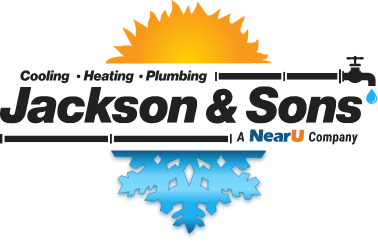
Have you been thinking about mold detection for your home? Some mold likely lurks somewhere in the majority of homes, but it's mostly very limited and is usually harmless. However, if significant mold is suspected, it’s a good idea to have it checked out by a professional before it becomes a health issue for the people in your home.
A few clues may cause you to think more seriously about mold detection:
- A musty odor inside the house that does not dissipate.
- Spots appearing on carpets, rugs, and other fabric.
- Mold may infect HVAC components such as the air conditioner evaporator coil or the ductwork that extends throughout your home.
- An ongoing water leak somewhere in the house — a dripping pipe, a rusted water heater, or roof leaks in the attic.
- A past history of water damage. If a pipe rupture or other water overflow has occurred previously, mold growth may have been triggered.
- Persistent allergic symptoms in certain individuals. Chronic respiratory symptoms that can’t be explained could possibly result from inhalation of mold spores. Only a doctor can properly diagnose this and then suggest remedies.
Mold detection and effective elimination are jobs for professionals. Methods of mold detection generally fall into two categories:
- Bulk sampling. The most basic method in settings where mold appears as stains or streaks on walls, floors, or other building materials. Typically, tape is applied to the mold, then removed to capture a sample of spores. Later, lab analysis determines the specific type of mold involved. Swabs may also be used to manually collect the sample.
- Air sampling. Growing mold continuously releases airborne spores. Indoor air can be sampled by a battery-operated air pump that pulls indoor air through a removable filter that extracts spores from the air. Captured spores are analyzed to determine the type of mold involved. The volume of spores captured in a specific time frame also provides an estimate of the contamination in areas throughout the house. Air inside wall cavities and above ceilings may also be sampled.
- HVAC moisture and mold. Regular maintenance on your heating and cooling sytem will detect any moisture and mold issues. An HVAC pro will clean your system thoroughly, and inspect ductwork as well as suggest solutions for keeping your system clean from moisture and mold in the future.
For all your heating, cooling, and indoor air quality needs, contact the experts at Jackson & Sons.

